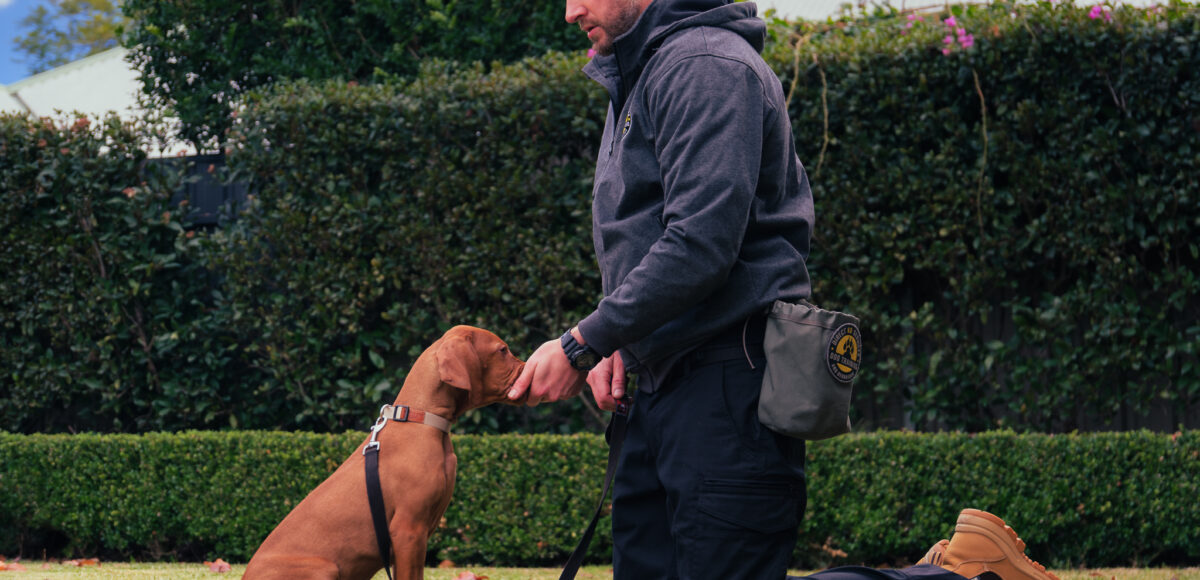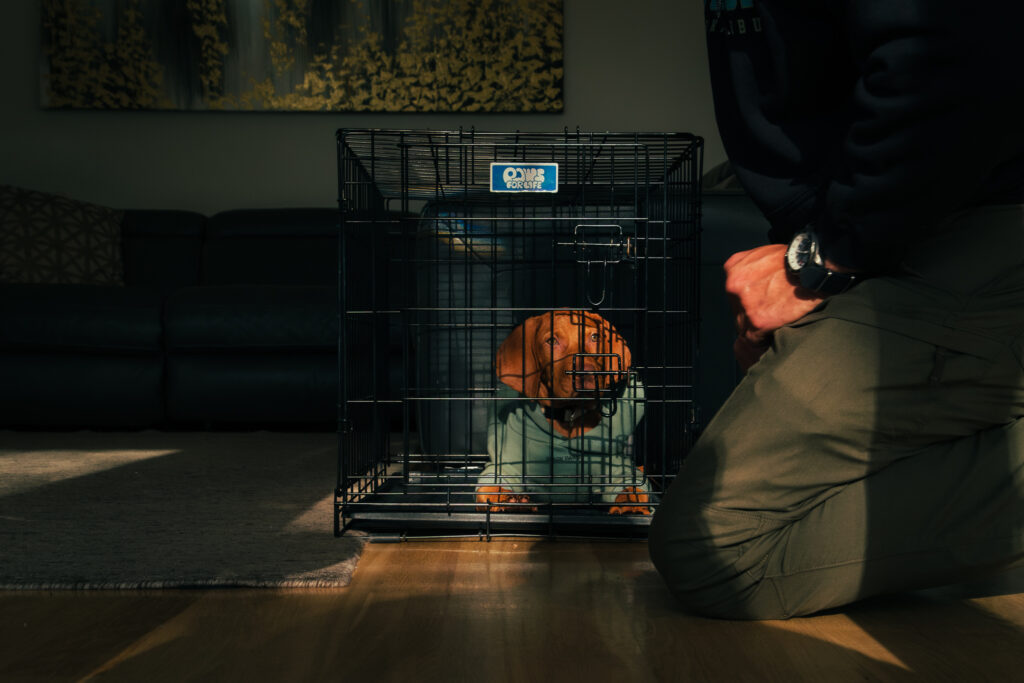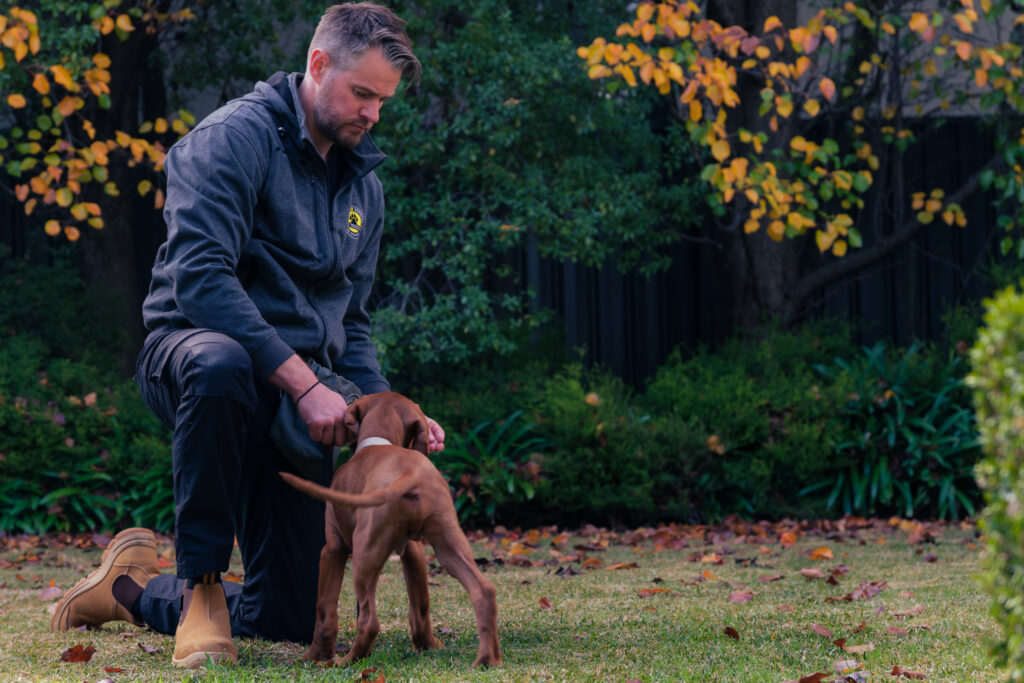
The Ultimate Guide to Puppy Training: Raising a Well-Behaved Happy Dog
Bringing home a new puppy is an exciting experience, but it comes with its challenges. One of the most important steps in raising a happy and well-adjusted dog is starting with effective puppy training. The right approach to training your puppy early on sets the foundation for a lifetime of good behaviour and strengthens the bond between you and your furry friend. In this guide, we’ll cover essential training tips and techniques to help you and your pup get off on the right paw.
Why Puppy Training is Essential
Puppies, like young children, are full of energy and curiosity, but they need guidance to learn appropriate behaviour. Without training, your puppy may develop habits that are difficult to break later on. Puppy training provides structure and helps your dog understand what’s expected of them. It also encourages mental stimulation and helps prevent behavioural problems such as excessive barking, chewing, or jumping.
Key Areas of Puppy Training
When it comes to training puppies, there are a few critical areas that every new dog owner should focus on:
1. House Training (Toilet Training)
One of the first and most important tasks for any puppy owner is toilet training. Consistency and patience are key here. Set up a regular schedule for your puppy to go outside, especially after meals, naps, and playtime. Positive reinforcement, like treats and praise, is essential when your puppy successfully goes to the bathroom outside.
Pro Tip: Accidents happen, but don’t punish your puppy. Instead, clean up the mess and continue reinforcing positive behaviour. Punishment can lead to confusion and anxiety.
2. Basic Commands
Teaching your puppy basic commands like “sit,” “stay,” and “come” helps establish control and communication. These simple commands lay the groundwork for more advanced training in the future.
- Sit: Use treats to guide your puppy into a sitting position and reward them for compliance.
- Stay: Once your puppy has mastered “sit,” introduce “stay” to help them learn self-control.
- Come: Use a cheerful tone and a treat to encourage your puppy to come to you when called.
Mastering these commands can make daily life easier and is essential for keeping your puppy safe.
3. Socialisation
Proper socialisation is one of the most important parts of training your puppy. Between the ages of 3 to 16 weeks, puppies are in a critical period for social development. Introducing them to a variety of people, environments, and other dogs during this time helps prevent fear and aggression later in life.
Take your puppy for walks, invite friends over, or enroll them in a training class to ensure they get plenty of socialisation in a safe and controlled manner.
4. Crate Training
Crate training can be incredibly beneficial for both you and your puppy. A crate provides a safe space for your puppy to relax and can help with potty training and separation anxiety. Make the crate a positive place by using treats, toys, and blankets to make it feel cosy and welcoming.
Pro Tip: Don’t use the crate as a form of punishment. It should be a comfortable and secure space for your puppy.

Common Mistakes to Avoid
While training your puppy, it’s easy to make mistakes that could slow down progress. Here are a few things to watch out for:
- Inconsistent Training: Make sure everyone in the household is on the same page with commands and rules. Consistency is key to successful training.
- Too Much Freedom Too Soon: Allowing your puppy to roam freely before they’re fully house-trained can lead to accidents and bad habits. Gradually increase their freedom as they learn.
- Lack of Patience: Puppies are learning, and it takes time for them to fully understand what you want from them. Be patient and use positive reinforcement to encourage good behaviour.
Puppy Training Classes: Are They Right for You?
If you’re struggling with training your puppy, or simply want expert guidance, training classes can be a great solution. Many local trainers offer group classes specifically designed for puppies, which provide valuable socialization and help you learn effective training techniques.
These classes often cover obedience training, leash manners, and problem-solving for common puppy behaviours. Plus, working with an experienced trainer can give you confidence and support during the training process.
Why Positive Reinforcement is Best
When it comes to puppy training, positive reinforcement is the most effective method. Positive reinforcement rewards your puppy for doing the right thing, making them more likely to repeat that behaviour. Using treats, praise, and playtime as rewards helps create a strong bond between you and your puppy while encouraging good habits.
Always avoid harsh punishments which can damage your relationship with your puppy and lead to fear-based behaviours. If you are encountering behaviours you can’t resolve, contact an expert puppy trainer today.

Start Your Puppy Journey Today
Puppy training is essential to raising a happy, well-behaved dog that fits seamlessly into your family. By focusing on house training, basic commands, socialisation, and crate training, you’ll set your puppy up for success. Remember, patience and consistency are key, and seeking professional help if you need.
Start training your puppy today, and you’ll enjoy a lifetime of loyalty and companionship with a dog that understands and respects the rules.
Looking for expert puppy training services? Contact us today at directk9.com.au to learn more about our puppy one-on-one sessions that will help you and your pup thrive together!

*Direct K9 Services PTY LTD may receive a commission from this service.


